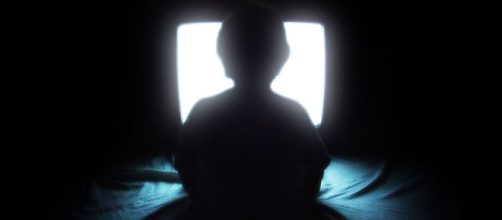A new study published in the Journal of Clinical Sleep Medicine revealed that young adults who often binge-watch their favorite TV series or shows are more likely to experience insomnia, poor Sleep Quality and fatigue than those who do not binge-watch.
The study, led by Liese Exelmans of the University of Leuven in Belgium, showed that binge-watchers have higher cognitive pre-sleep arousal compared to their counterparts. This means that binge-watching could increase cognitive alertness, resulting to greater alertness prior to going to sleep.
Binge-watchers can become completely immersed in the story
For the study, the researchers defined binge-watching as watching multiple consecutive episodes of the same TV shows in one sitting on a digital screen, such as television, laptop, smartphone or tablets. Binge-watchers tends to watch about three hours and eight minutes, which is equivalent to about three of four episodes, in one sitting.
A total of 423 young adults, aged 18 to 25 years old, completed an online survey that assessed their regular TV viewing, binge-watching, sleep quality, insomnia and fatigue. Over 80 percent of the participants identified themselves as binge-watchers, with 20.2 percent of those reported binge-watching at least a few times for the past month.
Compared to those who did not, or have less, binge-watched, participants who reported binge-watching reported more symptoms of insomnia, poorer sleep quality, fatigue and greater pre-sleep alertness. Furthermore, binge-watchers were 98 percent more likely to experience sleep deprivation than those who did not classify themselves as such.
Poor sleep quality could lead to more serious health issues
According to the Centers for Disease Control and Prevention, about a third of U.S. adults get less than the recommended amount of sleep. Sleep deprivation has been associated with many chronic diseases and conditions, including diabetes, heart disease, obesity and depression. Additionally, people who don’t get an adequate amount of sleep may experience slower response time and drowsiness, leading to possible physical injuries caused by accidents that can be easily prevented.
Sleeping is considered to be a necessity for good overall health. Due to this, researchers of the study suggests that binge-watchers should consider decreasing their watching time to allow the brain’s cognitive function to “cool down” before going to sleep. There are also treatments and interventions to people suffering from insomnia or poor sleep quality, including relaxation techniques and mindfulness.


